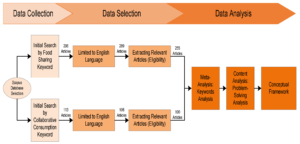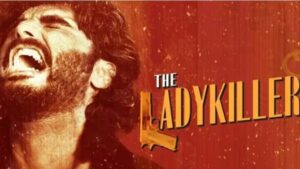

- Answering our questions
- Consulting and authority as a way of knowing
- Research as a way of knowing
Have you ever had an argument with someone? He said one thing and you said another. He claimed he was right because he read it in a book. And you’ve argued that a doctor told you, and the doctor should know. And the arguments go. But how do they stop? How do you win arguments? Do you know if you are right or wrong? How do we know what we know?
We are confronted by different types of questions throughout life. What is the best diet for weight loss? What effect does unemployment have on health? Is higher education worthwhile? Is co-education better for males than females? We may spend a lot of time discussing to these and similar questions, but how do we find reliable answers to questions?
Answering our questions
We answer our questions in a variety of ways. If we want to know whether it is raining we can take outside ourselves or ask someone. Some questions can be answered quickly with a look out of the window, or in the right book. Where is my book? What is the birth rate? And so on. Other questions are more complex. But the choice is roughly the same. We can answer the question ourselves or take someone’s word for it. We can either do the research ourselves or consult an authority.
Consulting an authority as a way of knowing
The most common way in which we answer our questions is to consult an authority. We ask someone who knows. If we have a question, we look up the answer in an encyclopedia, we ask a friend who knows or asks a lecturer or religious leader. We are used to asking authorities. We refer to articles in journals or the newspaper or look for a book on the subject in the library or bookshop.
So long as the authority consulted does in fact know the answer, it is most efficient to refer our question to an authority. The problem with consulting authority is the problem of selection. On what bases do we choose our authorities? The only real basis should be that the authority has the knowledge we need. Does the authority know what we want to know? We want to be sure that the authority is knowledgeable about that subject. That is where one of the problems of consulting authorities arises.
Another way people come to be seen by authorities is by the positions they hold. In this case, the person has authority because of position, rather than by virtue of knowledge or any other attribute. The police have the authority to order you to stop, because of their position.
People can have at least two kinds of authority: authority due to position and authority due to knowledge. The kind of authority which is the most useful to answer our questions about the nature and operation of the world—particularly the social, biological, or physical world—is authority derived from knowledge.
Research is a way of knowing
The ultimate problem with consulting authorities will arise. Two recognized authorities in the same field will disagree. Or someone will ask a question and the authorities cannot answer. What do we do then? We will conduct research.
When we want to know something and there is no authority, or the authorities disagree, or we just are not ready to accept without question what the authority has told us, then we do research. Or when the existing literature on a subject does not answer the question we are asking, or we are dissatisfied with the answer, then we do research.
Individuals, groups, and organizations do research when they want answers to questions for which the authorities have no answers, or where there is inconsistency in the answers. Firms do research to discover consumer preferences. Medicines and surgical procedures are researched in order to determine their effectiveness. Social and economic policies can be researched to evaluate their consequences.
Research is done to settle disputes about the nature and operation of some aspects of the universe in which we live. It is a disciplined way of coming to know more about ourselves and our world.
to continue the research process click on this link: https://onlineinfotainment.com/research-as-a-way-of-knowing/







Thanks for sharing. I read many of your blog posts, cool, your blog is very good.